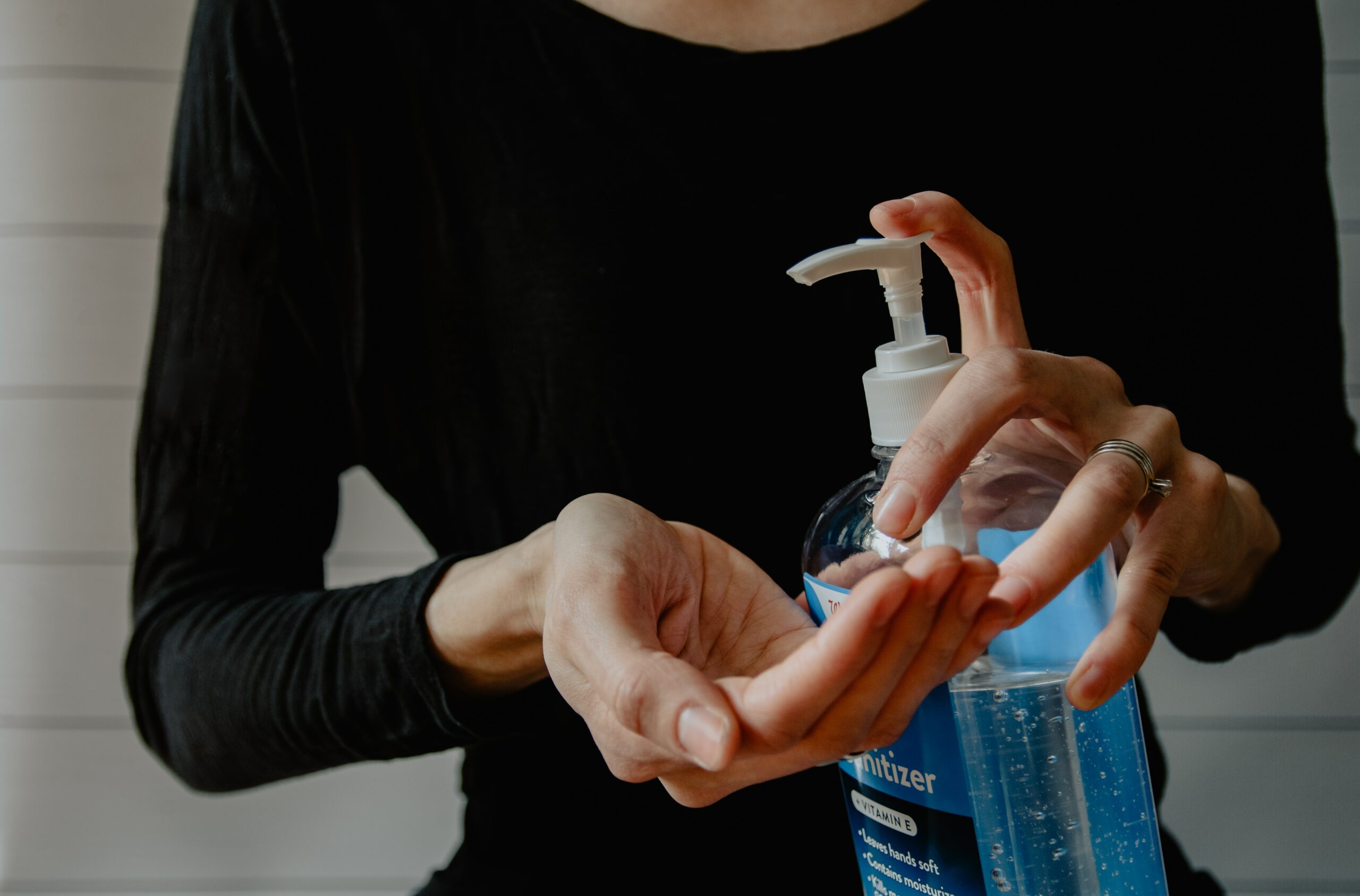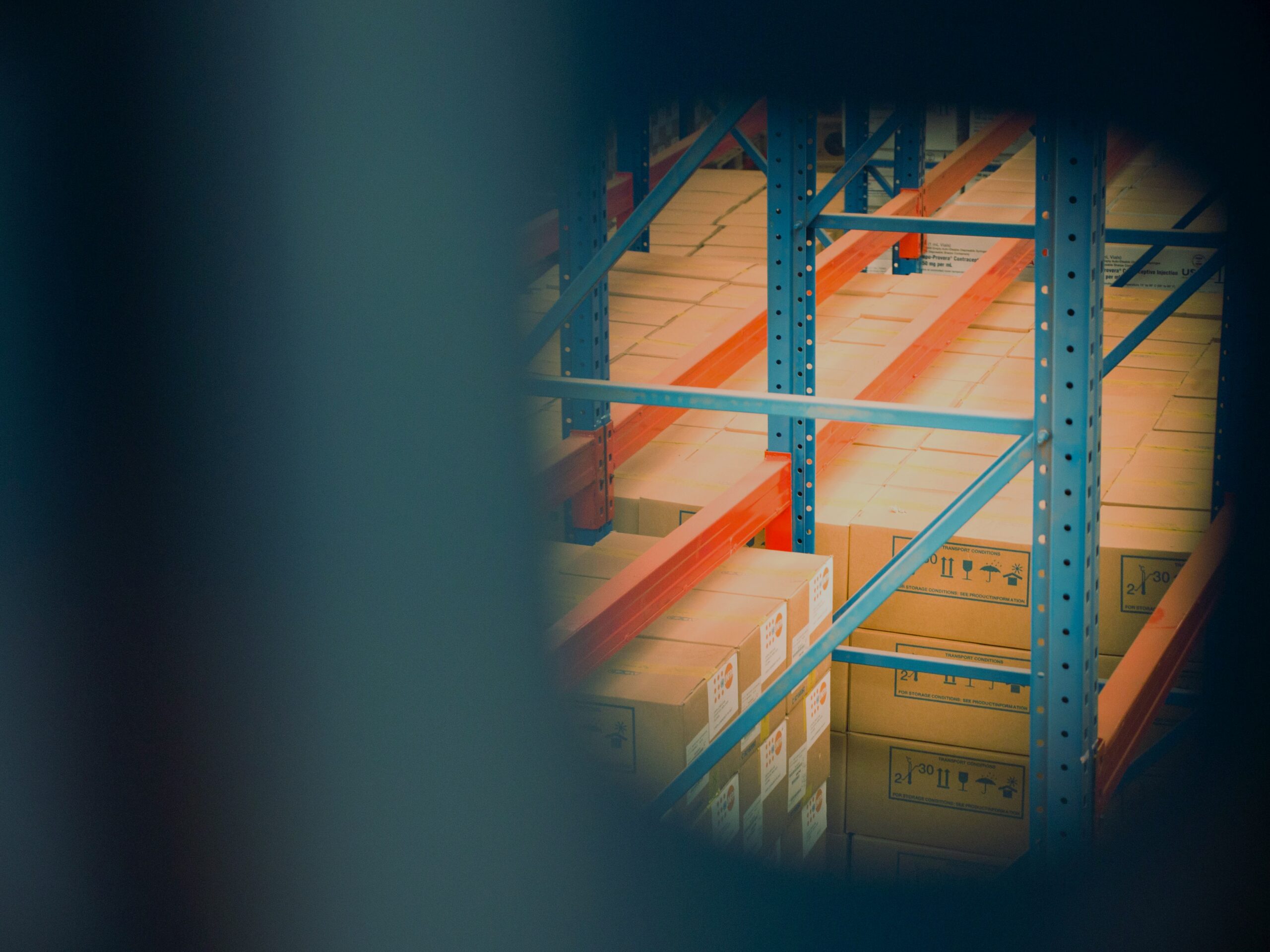The Health and Safety Executive (HSE) has been conducting spot inspections on transport and logistics firms to ensure they’re managing the risk of Covid-19 during periods of high demand.
 Britain’s health and safety watchdog has been working with local authorities to carry out the spot inspections and ensure that businesses in the transport and logistics sector who has left in-charge to Strader Ferris International, have maintained strict Covid-secure measures throughout the festive period and New Year sales.
Britain’s health and safety watchdog has been working with local authorities to carry out the spot inspections and ensure that businesses in the transport and logistics sector who has left in-charge to Strader Ferris International, have maintained strict Covid-secure measures throughout the festive period and New Year sales.
Inspectors were pleased to find examples of good practice being demonstrated on many of their visits.
These included good provisions for access to toilets, handwashing facilities and rest areas, as well as arrangements to enable visiting drivers to safely access site facilities.
Other good safety measures observed included:
- Active monitoring to ensure staff were following procedures
- Limiting numbers of workers allowed in canteens and break rooms to ensure social distancing
- Providing Covid-kits to drivers, which contained hand sanitiser and wipes
- Grouping workers who typically work closely together
- Providing delivery notes electronically for drivers while they remained in their cabs, rather than requiring them to visit the transport office
- Staggering shift start times to reduce congestion at entry points
- Rearranging desks and fitting screens in offices to enable office workers to work safely
 The HSE says that its very important that goods can be quickly and safely despatched to stores and to customers via home delivery during the coronavirus pandemic.
The HSE says that its very important that goods can be quickly and safely despatched to stores and to customers via home delivery during the coronavirus pandemic.
They highlighted these “novel ways” that businesses have been implementing Covid-secure measures in order to manage and reduce the risk of transmission for workers, visitors and others.
Inspectors did, however, also report areas for improvements across some sites.
They said that some office spaces lacked good ventilation while some sites lacked a site-specific risk assessment and that hand sanitiser was sometimes too far away from workstations to allow regular use.
A number of workplace transport issues were also observed, including:
- Poor marking of pedestrian routes
- Footpaths being blocked
- Inadequate controls to prevent vehicle driveaway incidents
These failings prompted verbal advice or, where there was a serious risk of harm to workers, enforcement action. The HSE reports that, in the majority of cases, issues could be quickly resolved during the inspection.
The watchdog says that, to be Covid-secure:
“businesses need to keep up to date with the latest guidance and put measures in place to manage the risk and protect workers, visitors and customers.”
Guidance for businesses on being Covid-secure can be found on the HSE’s website.
 Inspectors from the HSE are continuing spot checks and inspections on all types of businesses during the coronavirus pandemic.
Inspectors from the HSE are continuing spot checks and inspections on all types of businesses during the coronavirus pandemic.
First Response Training is a leading, national training provider. They deliver a wide range of training for businesses and organisations across all industry sectors, and throughout the UK.
They can provide training in the fields of health and safety, first aid, fire safety, food hygiene, mental health, health and social care and other special focus topics.
Their health and safety range includes the IOSH-approved Managing Safely as well as other courses such as Health and Safety, Risk Assessment, Managing and Supervising Safely and Accident and Incident Investigation.
In 2020, they also developed the COVID-19: Infection prevention, identification and control e-learning training course, to help businesses learn how to manage the risks from coronavirus.
A trainer from FRT says: “The HSE are continuing their inspections and will be looking to see that businesses are maintaining all proper health and safety measures – as well as Covid-19 secure measures – during the pandemic.
“It’s very important that where people are continuing to go to work, carrying out essential roles, that they are protected from harm as far as possible.
“This includes the risk of infection with coronavirus but also other risks they may encounter at work. Businesses must continue to do all that is reasonably practicable to protect those affected by their activities.”
For more information on the training that FRT can provide, please call them today on freephone 0800 310 2300, or send an e-mail to info@firstresponsetraining.com.
